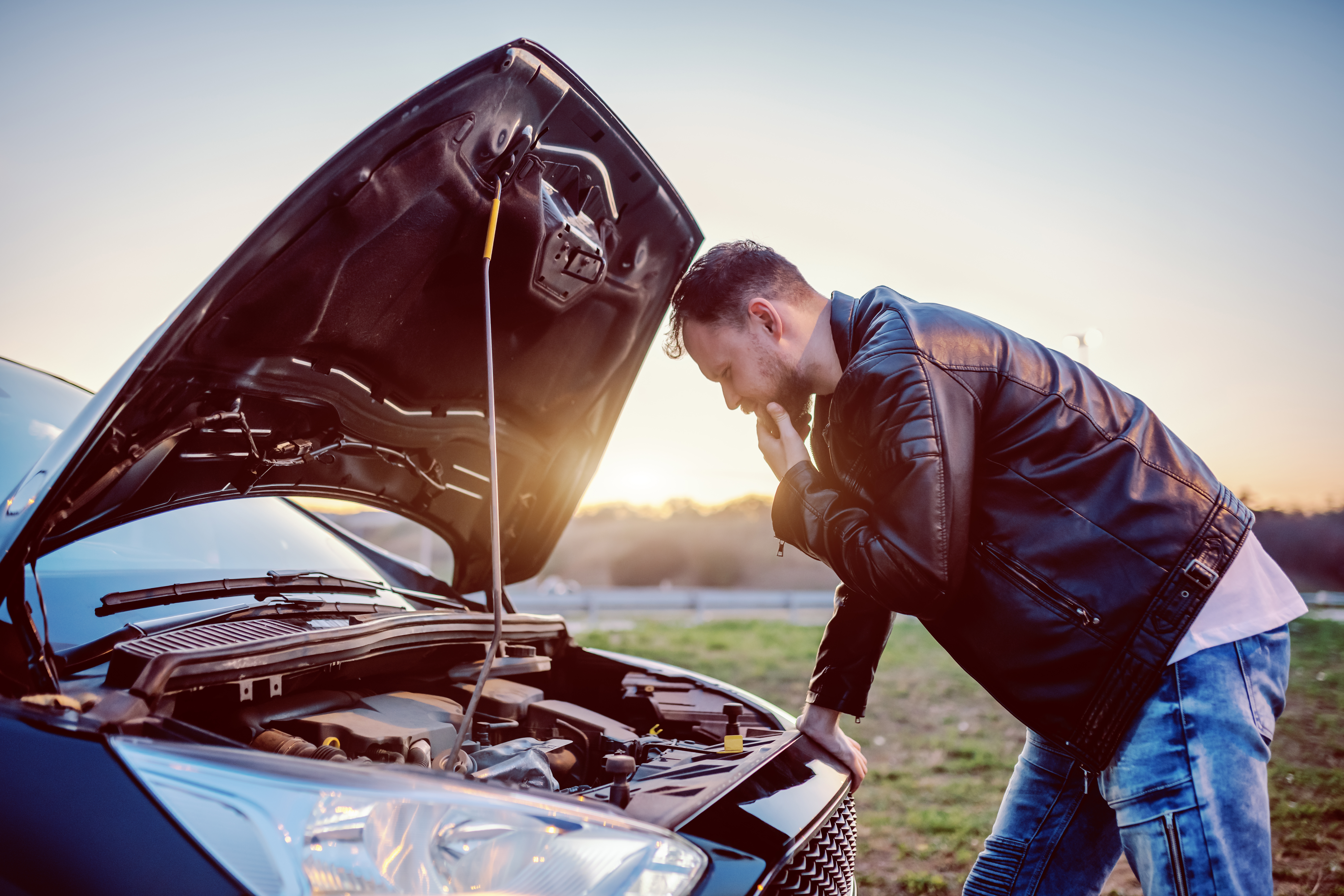If you spend any amount of time in your vehicle, then you are probably aware of the sights, sounds, smells, and sensations when the vehicle is working properly. We are all familiar with the normal signs of a highly functioning vehicle. The trick to keeping your vehicle in good condition is to be alert to the unusual signs that may lead to problems with your vehicle’s engine. One of those signs that drivers should be alerted to is the “knocking sound” that may come from the engine. In this month’s blog, we discuss the common causes of engine knocking, and ways to address causes of knocking to avoid serious engine damage.
What does Engine Knocking Sound Like?
To address engine knocking, it’s important to recognize what it sounds like because there are many different sounds that may typically come from your vehicle. Engine knocking is usually described by experts as a metallic pinging sound. Think of what it might sound like if you filled a metal can with ball bearings and shook the can. The sound is consistent during operation and in some instances, engine knocking may become higher in pitch or louder as you accelerate your vehicle.
What is Engine Knocking?
Your vehicle’s internal combustion engine requires the proper mixture and timing of air and fuel to ignite and operate your vehicle. When that air and fuel mixture or timing is off-balance, this creates the knocking sound. It means that your vehicle’s combustion process is not in sync with the engine. Engine knocking is something that needs to be addressed promptly before it leads to further damage to your engine.
Common Causes of Engine Knocking
Now that you identified what knocking sounds like and know that it is the result of an out-of-sync combustion process, it is critical to determine the underlying cause of the problem.
So, what are the common things that may cause your combustion process to not work?
Faulty Spark Plugs
Spark plugs play an important role in the combustion process by igniting the air and fuel mixture. If the plugs are not working properly because of wear and tear or damage, then this may cause engine knocking. Sometimes this may be from human error when the wrong spark plugs are installed for your vehicle. Change your spark plugs and/or have them checked by a service professional to identify if the plugs are correct for your vehicle.
Low Octane Fuel
Octane is a quality measurement of the stability and performance of gasoline. This measurement is based on the pressure at which the fuel will spontaneously combust. Higher octane gasoline burns more efficiently than lower octane gasoline and is less susceptible to engine knocking. Because lower octane fuel takes less pressure to burn, it may cause premature combustion and engine knocking. Always check with your vehicle manufacturer for the fuel specifications of your vehicle. If you drive a newer vehicle, a higher octane is probably required. Addressing this issue can be as simple as changing to a higher-octane fuel at the pump.
Carbon Deposit Build-up
Today’s gasoline is designed to fuel your vehicle and keep it clean with additives and detergents. However, your engine’s cylinders may still experience carbon build-up, which reduces the cylinder space and can cause premature engine combustion. Speak with your auto service professional about safe fuel additives that you can put in your fuel tank to reduce carbon build-up.
Clogged Fuel Injector
The fuel injector is designed to add the right amount of fuel to the air and fuel mixture. If the injector is clogged, it may add less fuel, resulting in slow ignition that leads to engine knocking. If your service professional determines that you have clogged fuel injectors, they can clean and replace the filter baskets, and clean the injectors out to remove any blockages.
Bad Timing
Many newer vehicles are equipped with onboard computers that can help to regulate the timing of the combustion process. If this timing is off for a variety of reasons, it could impact the combustion process and cause your engine to knock. Timing is something that should be addressed sooner than later by a service professional to avoid serious engine damage. They may run diagnostics on the vehicle to pinpoint the problem.
Remember that your vehicle’s engine can tell you about its health through sights, sounds, smells, and sensations.
No driver wants to hear strange noises coming from their engine. Don’t ignore the knocking sound and get your vehicle in to a service professional if you notice a distinct knocking sound. If you would like to have your engine knocking looked at by us, give us a call today at Campus Repair to schedule a service appointment.

